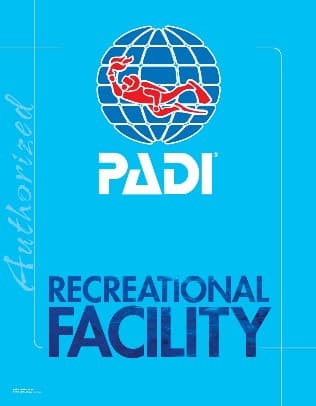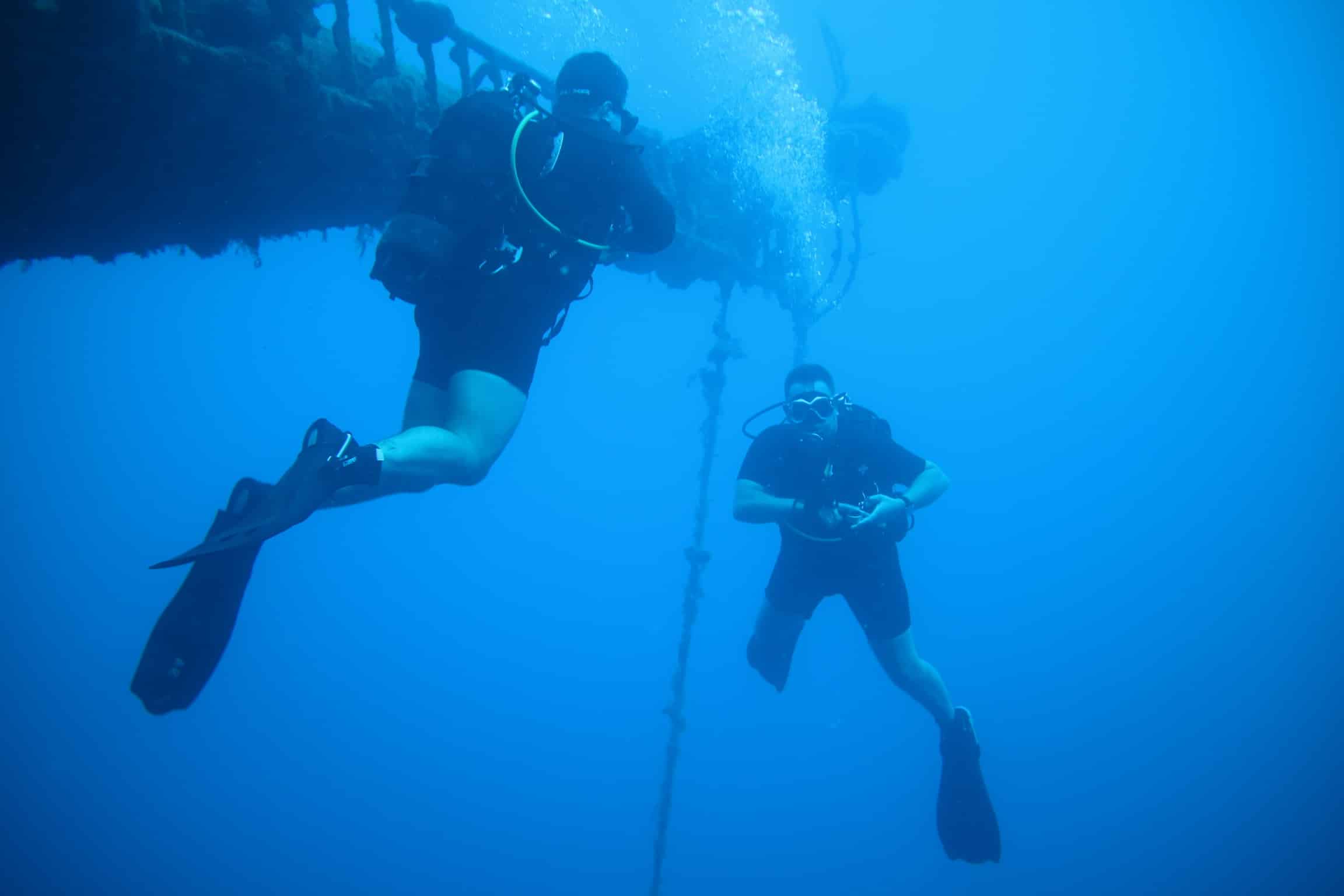Reducing air consumption, extending the fun
If you are interested in starting diving, new to diving or someone who gets through their air during a dive like a pig gets through a bucket of custard, then read on.
When I started diving 13 years ago, I noticed I got through a 12-litre tank of air pretty smartish. I initially put it down to being quite a big chap who liked the occasional drink and cigarette so I thought there was little I could do about it. As I became more comfortable in the water, my air lasted longer during a dive but the habits remained for a few more years. In my case, the main factor for the reduction of air usage during a dive was being relaxed in the water rather than a variation in normal fitness levels.
As most people who have passed their open water course know, air usage during a dive is measured by SAC rates (Surface Air Consumption). Your surface air consumption rate is a measurement of the amount of air you consume while breathing for one minute on the surface. You need to know your SAC rate so you can safely plan your dive or to notice any gear malfunctions in good time under the water. If not already done so, you will learn this on your dive courses and more in depth on any technical courses you sign up for.
Dive students, or divers who just want a tour, sometimes have large breaks between dive trips or courses and find their SAC rate has dramatically increased. At DIVERS FIRST, we often quickly go over simple techniques that quickly improve the SAC rate for the next dive.
The first one is preparing for the dive slowly. Getting into a tight wetsuit or dry suit when the sun is shining can often leave you short of breath. This, in combination with getting into your BCD and lifting heavy equipment, already ensures your SAC rate will be elevated. So take it slowly.
Always remember to breathe normally avoiding increased breathing rates before the dive and if you can do some deep breathing exercises even better. Diaphragmatic breathing is a good technique on the morning of the dive. Diaphragmatic breathing involves fully engaging the stomach, abdominal muscles and diaphragm when breathing. This means actively pulling the diaphragm down with each inward breath. In this way, diaphragmatic breathing helps the lungs fill more efficiently.
Additionally, you can try and concentrate on breathing out longer than you breath in when you are underwater through the regulator. At first, try to aim for a couple of seconds longer with the outward breath than the inward breath, then take it from there. Be cautious at first as overdoing it can lead to overexertion.
As always, try to get a good night’s sleep, avoid alcohol the day before and always consult your doctor before using diaphragmatic breathing on a consistent basis.
Implementing simple techniques as mentioned can extend your dive time, reduce the need for additional air and heavier tanks and the feeling of freedom that you are in complete control of your air usage on your dive. Additionally, you won’t need to spend 12 months in the gym to get that perfect SAC rate. Looking forward to seeing you at DIVERS FIRST Cyprus.
Reducing air consumption, extending the fun Read More »




